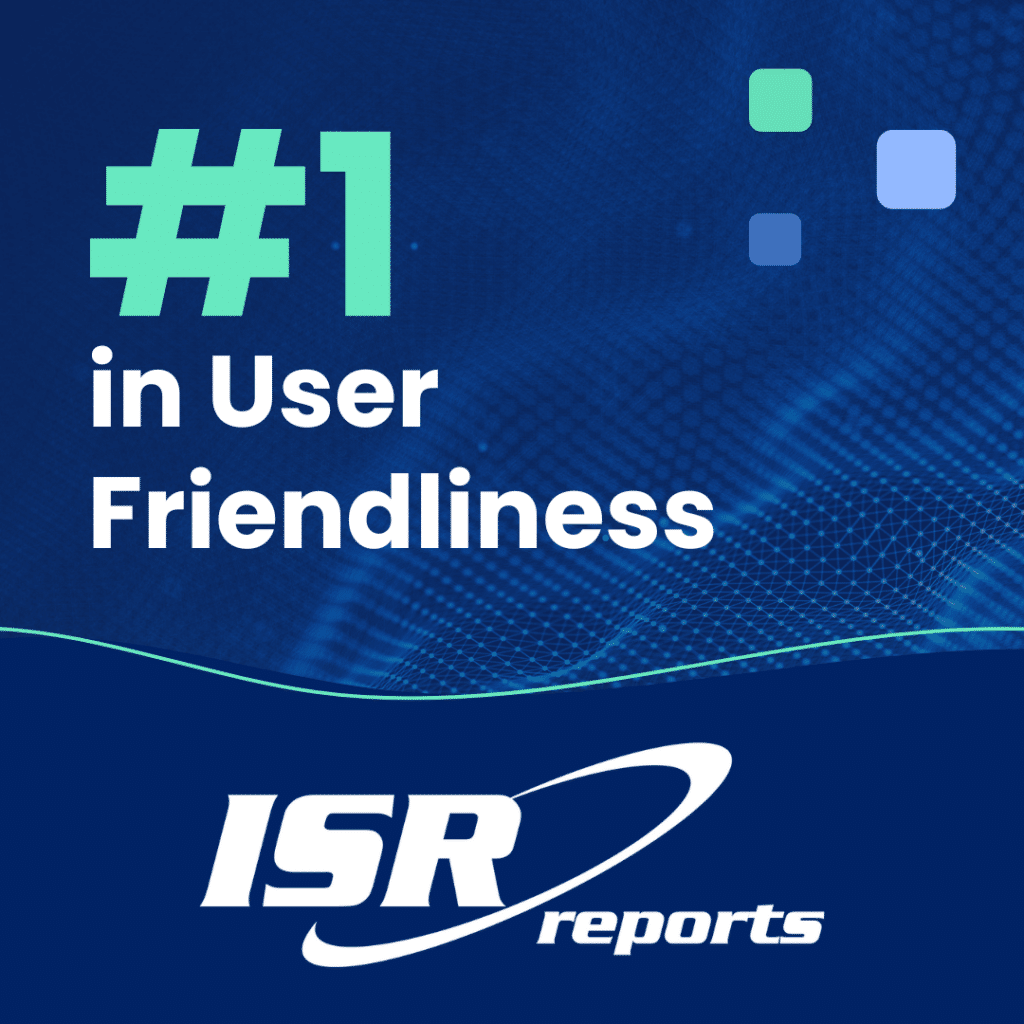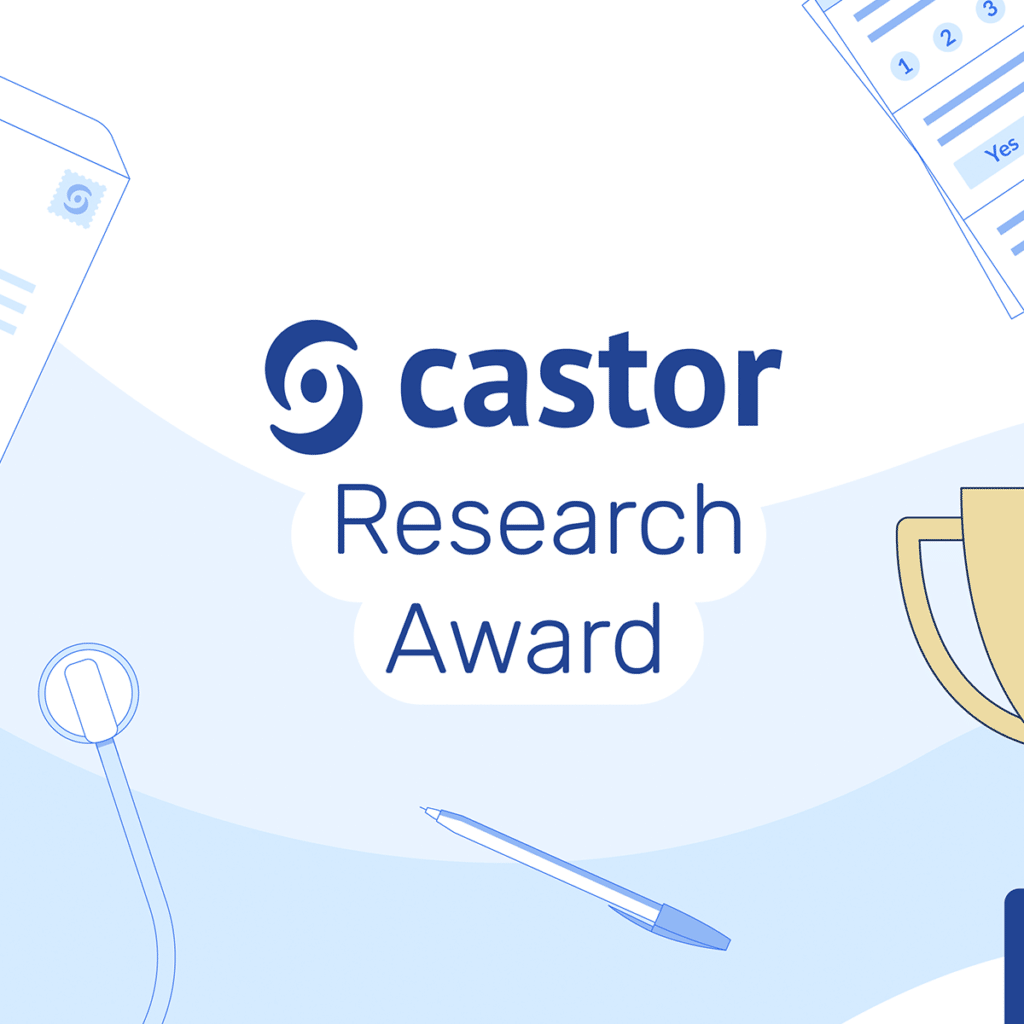It’s time for another Castor Research Award nominee! This 3-year project brings together 17 Dutch hospitals with the goal to prove the non-inferiority of an early (intravenous to oral) antibiotic switch in neonates at risk for sepsis. The inclusions have already started and Castor is used by the team to collect the data and randomize the neonates. We wish the team of the RAIN study good luck!
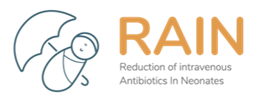

Reduction of intravenous Antibiotics In Neonates (RAIN)
Fleur Keij, Erasmus MC-Sophia & Franciscus Gasthuis & Vlietland
Background
Neonates are very susceptible to bacterial infections and therefore intravenous broad-spectrum antimicrobial therapy is commonly administered in the first days of life. When infection is probable or proven, based on elevated inflammatory markers and/or a positive blood culture, intravenous antibiotics are administered for at least 7 days in-hospital.
Prolonged hospitalization has substantial effects on a newborn and its family, especially in the first weeks of life. It interferes with the mother-child bonding, influences the success rate of breastfeeding and on top of that it leads to high health care costs. In older children intravenous-to oral switch after 48 hours of intravenous therapy has showed to have many advantages, such as an earlier discharge and is commonly practiced nowadays. Uncertainties in efficacy or regarding the pharmacokinetic aspects of oral treatment in neonates have delayed further implementation in newborn. This needs to change!
Therefore we are performing a large non-inferiority multicenter randomized controlled trial called the RAIN study in which we evaluate the safety and efficacy of an early intravenous to oral antibiotic switch in neonates at risk for sepsis. Once proven to be safe and efficacious, neonatal antibiotic switch therapy could have a major impact on neonatal well-being, mother-to-child bonding and, moreover, costs!
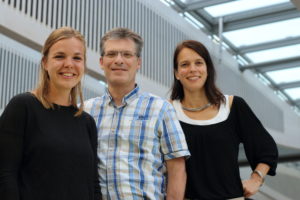
Study design
The RAIN study is a national randomized controlled trial aiming to show the non-inferiority of an early intravenous-to oral switch compared to a full course of intravenous therapy. 17 Dutch hospitals are currently participating and we will include 550 neonates. Neonates are eligible if they are ≥ 35.0 wk, ≥ 2kg and are treated for a probable bacterial infection in the first 28 days of life. Neonates will be randomized 1:1, using the randomization tool in Castor. The intervention group will switch to oral amoxicillin/clavulanic acid after 48 hours of intravenous therapy. The control group will continue on intravenous antibiotics. Both will be treated for a total of 7 days.
The primary outcome is bacterial re-infection within 28 days. Furthermore we will assess duration of hospitalization; total costs and cost effectiveness; clinical side effects of antibiotic therapy; the pharmacokinetic profile of oral amoxicillin and of clavulanic acid; quality of life, additional yield of Next Generation Sequencing (NGS) as diagnostic tool for neonatal sepsis and gut microbiome development in the first year of life.

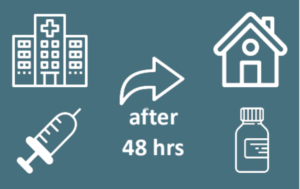
Inclusion has started and we are expecting the first results of the pharmacokinetic study! The total study will run for approximately 3 years. Once we have showed the non-inferiority of an early intravenous-to oral switch we can hopefully easily implement our findings in the national guidelines and contribute to further improvement of newborn care!
How we are using Castor in our research
Data management: For this study we created a database in Castor in which all data will be collected including follow up data. As part of the follow up, questionnaires will be sent to parents on day 7 and 21. These questionnaires were created in Castor and are sent through the database. On top of that, parents who consented to the collection of stool samples in the first year of life receive a notification when it’s time to collect a new sample.
Safety reporting: All SAE’s and AE’s need to be reported in Castor. Therefore we created two reports which can easily be filled in by the local investigator. Moreover, when side effects/complications are mentioned in the database, a message popsup to remind the local investigator about the possibility of an SAE/AE with a direct link to the report.
Monitoring: This study will be monitored by two independent monitors. Monitoring is performed through a monitoring account in Castor.
Stay tuned for more nominations! We wish all nominees good luck and encourage all researchers to brag about their projects and get the chance to win €3000! Deadline is 01 December.

